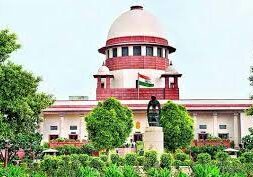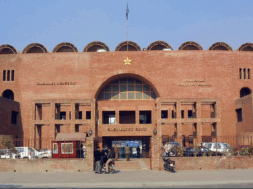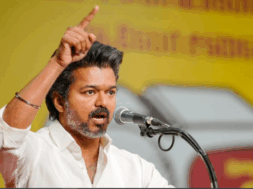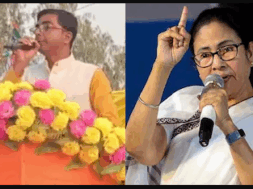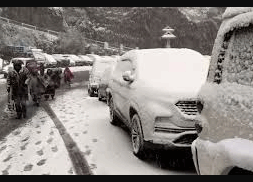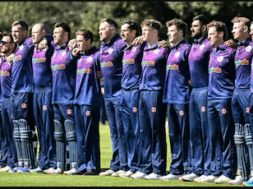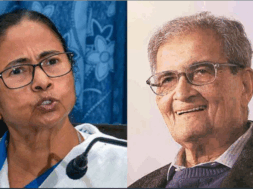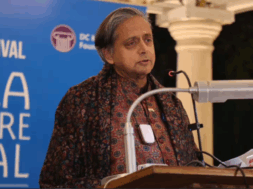
SC Stays Allahabad High Court Order Directing UP Government to Hold Local Body Elections without OBC Quota
Manas Dasgupta
NEW DELHI, Jan 4: The Yogi Adityanath government in Uttar Pradesh was granted a major relief by the Supreme Court on Wednesday by staying the Allahabad High Court order asking it to hold the elections to the urban local self-government bodies by January end without the reservation quota for the Other Backward Classes (OBC).
While emphasising that the state government would not hold the local body elections without the OBC reservation, the Adityanath government had challenged the High Court’s December 27 order in the apex court. The High Court order had put the Adityanath government in a quandary since OBC support was very vital for the ruling BJP in the state.
A bench comprising Chief Justice DY Chandrachud and Justice P S Narasimha asked the state Backward Classes Commission to complete the identification of backward classes in need of quota for political representation in urban local bodies in the State by March 31, 2023..The state, which had challenged the High Court’s order, told the Supreme Court that a separate OBC Commission has already been formed and will complete its task by March. In December, the High Court had blocked reservation for OBCs in the urban bodies’ polls, scrapping the draft notification for reservation. The bench had also ordered the Election Commission to immediately issue notification for the election.
The case raised the fundamental question whether quota for political representation in urban self-government bodies can be equated with reservation in higher education and public employment for social, educational and economic backward classes.
The State government has argued that there was no flaw or illegality in providing reservation to the very same 79 backward class communities listed in the U.P. State Public Services (Reservation for Scheduled Castes, Scheduled Tribes and Other Backward Classes) Act, 1994 in respect of seats and offices of chairpersons of local bodies. The 1994 Reservation Act had however identified these backward classes to provide them quota to access higher education and public employment and not for the purpose of political representation.
The High Court order came following a petition that had objected to the state government’s move to issue a provisional list of reserved seats for mayors of 17 municipal corporations, chairpersons of 200 municipal councils and 545 nagar panchayats. The petitioners had contended that the state government must follow the Supreme Court’s formula and form a commission to study the political backwardness of OBCs before fixing reservation.
The Uttar Pradesh’s appeal against the December 27 order of the High Court was contrary to the 2010 Constitution Bench judgment of the Supreme Court in K. Krishnamurthy versus Union of India, which had clearly held that the “nature and purpose of reservation in relation to local bodies is considerably different from that in relation to higher education and public employment.”
“The reservation benefits contemplated by Articles 15(4) and 16(4) [reservation in higher education, public employment] cannot be mechanically applied in the context of reservations enabled by Articles 243-D and 243-T [reservation of seats in panchayats, municipalities]. Articles 243-D and 243-T form a distinct and independent constitutional basis for reservations in local self-government institutions, the nature and purpose of which is different from the reservation policies designed to improve access to higher education and public employment, as contemplated under Articles 15(4) and 16(4) respectively,” the Constitution Bench had held in 2010.
The court had explained that though social and economic sense could act as a barrier to effective political participation and representation, such backwardness cannot be the sole criteria for identifying the backward classes inadequately represented politically.
In 2021 again, the Supreme Court had directed that states hold a “triple test survey” to gather contemporary data on OBCs before deciding on the percentage of political quota. “Social and economic backwardness does not necessarily coincide with political backwardness,” the top court had said.
